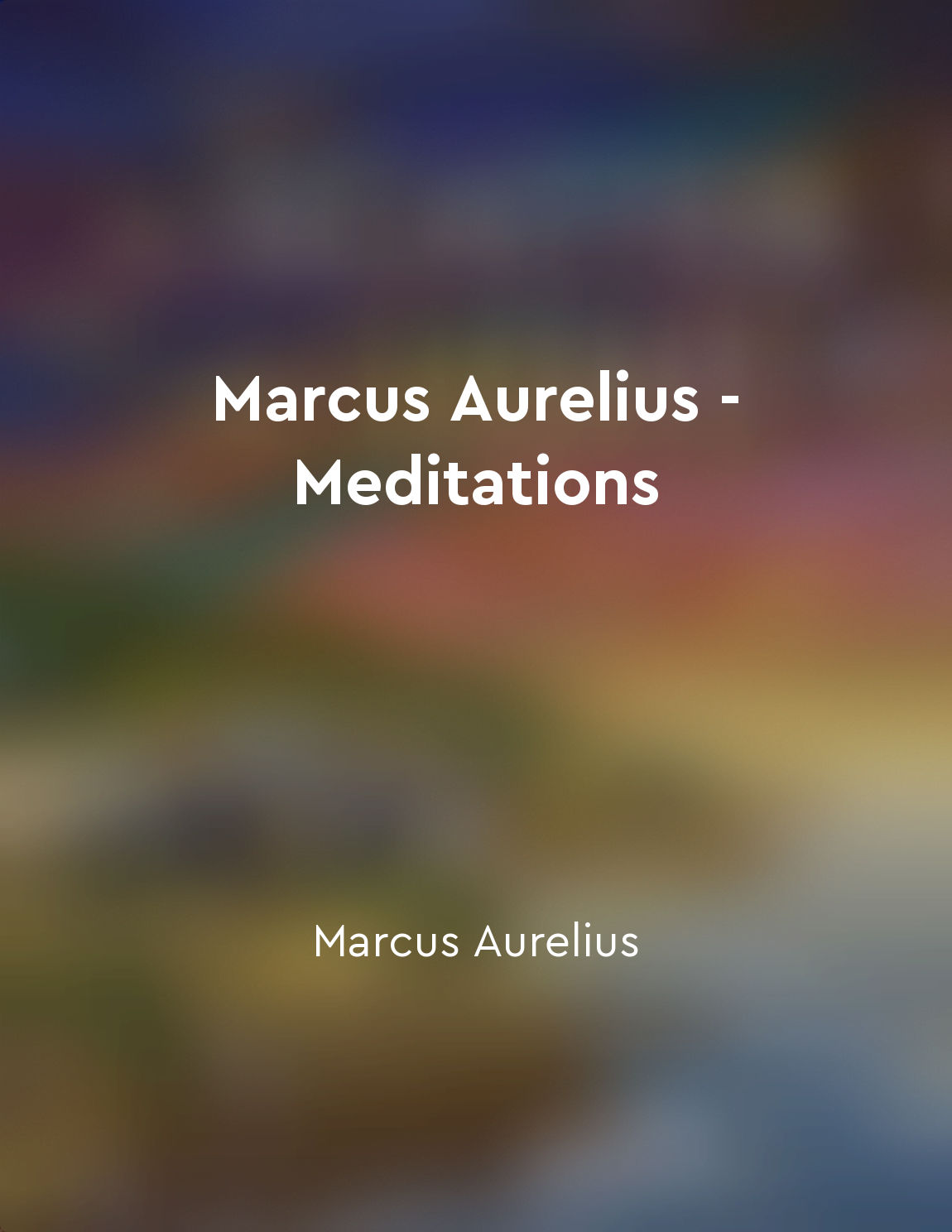Duty as a necessity of reason from "summary" of Fundamental Principles of the Metaphysic of Morals by Immanuel Kant
Duty as a necessity of reason is a central concept in the moral philosophy of Immanuel Kant. According to Kant, duty is not something that is imposed upon us by external forces or authorities, but rather arises from our own rational nature. In other words, our duty is not determined by our desires or inclinations, but by the dictates of reason itself. Kant argues that the moral law, which tells us what we ought to do, is a product of reason. It is not based on empirical observations or contingent facts about the world, but on the universal principles of rationality. When we act in accordance with the moral law, we are acting out of a sense of duty, because we recognize that it is our rational obligation to do so. For Kant, the moral law is not a matter of personal preference or subjective opinion. It is an objective standard that applies to all rational beings, regardless of their individual circumstances or desires. To act morally is to act in accordance with this universal law, which is grounded in reason itself. In this way, duty as a necessity of reason is a foundational principle of Kantian ethics. It provides a basis for moral judgment and decision-making that is independent of personal interests or external influences. By recognizing our duty as a rational necessity, we are able to transcend our individual desires and inclinations and act in accordance with the universal principles of morality.- Kant's concept of duty as a necessity of reason challenges us to think beyond our own self-interest and consider the moral implications of our actions. It calls upon us to act in accordance with the dictates of reason, even when doing so may be difficult or inconvenient. In this way, duty as a necessity of reason serves as a guiding principle for ethical behavior and moral decision-making.
Similar Posts

Practice selfdiscipline and self-control
The Bhagavad Gita teaches us to practice self-discipline and self-control. This means that we must learn to control our desires...

Face challenges with equanimity and grace
When faced with challenges, it is important to maintain a sense of calmness and composure. It is easy to become overwhelmed and...
Accept life's uncertainties
Life is full of uncertainties, my friend. We can make plans, set goals, and work hard towards achieving them, but in the end, w...

Recognizing the supreme authority of God
Recognizing the supreme authority of God means understanding that He is the ultimate controller and the source of all creation....
Postulates of empirical thought develop the rules of experience
Empirical thought is essential for understanding the world around us. Through our experiences, we are able to form concepts and...
Experience shapes our understanding
Experience plays a crucial role in shaping our understanding of the world around us. It is through our experiences that we lear...
Correct moral conduct requires adherence to rational principles that can be universalized
In considering the concept of correct moral conduct, it is essential to recognize the fundamental role that rational principles...
Treat humanity as an end, not a means
According to Immanuel Kant, treating humanity as an end in itself means not using others merely as a means to an end, but valui...
Moral principles are universal and necessary
The concept of moral principles being universal and necessary is a fundamental aspect of Kant's ethical philosophy. According t...

